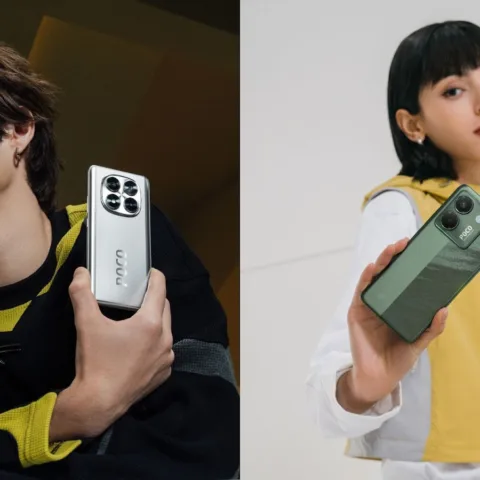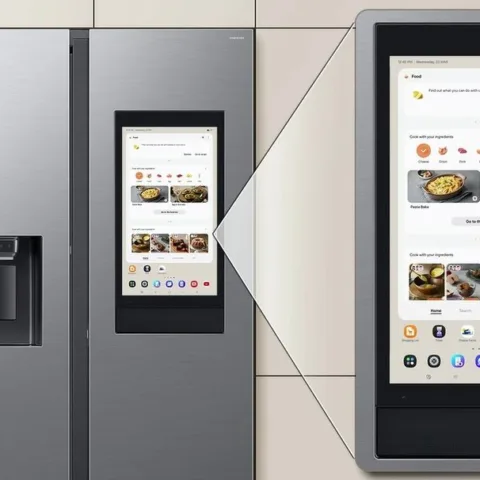 What is a startup, actually? And in the context of DailySocial, what is a tech startup, anyway? According to Wikipedia, a startup is a “company or temporary organization designed to search for a repeatable and scalable business model”. The article goes on to describe that “Startup companies can come in all forms, but the phrase “startup company” is often associated with high growth, technology oriented companies. Investors are generally most attracted to those new companies distinguished by their risk/reward profile and scalability”. You can read the whole thing on the link provided, but I think I’ve put the key definitions here. And I think most people would add “under 3 years old” to that criteria.
What is a startup, actually? And in the context of DailySocial, what is a tech startup, anyway? According to Wikipedia, a startup is a “company or temporary organization designed to search for a repeatable and scalable business model”. The article goes on to describe that “Startup companies can come in all forms, but the phrase “startup company” is often associated with high growth, technology oriented companies. Investors are generally most attracted to those new companies distinguished by their risk/reward profile and scalability”. You can read the whole thing on the link provided, but I think I’ve put the key definitions here. And I think most people would add “under 3 years old” to that criteria.
Now, with all the attention that tech startups have been receiving the past year, a quick look at the the Startuplokal.org Showcase shows a small smattering of music startups, some defunct, some only having a beta signup page, and some not live at all. Although I agree that it the list is less than comprehensive, it shows that at least music startups have largely gone unnoticed by the recent wave of media attention towards startups in general. If you don’t believe me, try an internet search for music startups in Indonesia, and see where that gets you.
There are companies in Indonesia, today, who work in music and who fulfill that criteria:
- use of technology to achieve a highly scalable business model — an SMS server can deliver content to 100 or 1 million subscribers
- use of technology to offer music or music-related services — selling ringtones, truetones, RBT, SMS fan clubs, mobile wallpapers
- use of a large network of users to achieve scalability — the subscribers on a telco operator network
- use of electronic payment systems for monetization — SMS Charging
- the oldest company in this category probably still under 10 years old.
Yes, I’m talking about the much-maligned Content Providers, companies blamed for all the cases of phone credit theft issues making the rounds on the news since October last year. The case is still ongoing, and the issue itself has caused the government to do a reset on all services dependent on SMS charging, causing, I hear, 85% of existing business to disappear for the content providers. Many content providers have closed their doors, and many say the death of SMS-based services is imminent. But at its peak, these content providers were startups with a multi-million dollar industry.
SMS was selected as it is virtually 100% supported by all phones on any existing GSM network, capable of delivering simple monophonic ringtones, to delivering WAP links to download rich content like video and audio snippets. For these SMS-based services, usually the content provisioning system is owned and constructed (and thus under responsibility of ) the content provider, and the telco operator provides the content delivery and charging gateway (thus making content providers very dependent on telcos to receive payments). For RBT services, though, the infrastructure needs to sit on the telco side, making it a telco business, with content providers, well, essentially providing the content to insert into the RBT library. Various programs mixing RBT, ringtones, SMS subscriptions and the like evolved, essentially innovating within the contraints of the telco infrastructure and the limitations of SMS charging mechanisms.
These content providers have started business selling ringtones since the 2000s, starting out not even with premium SMS, but with 0809 premium calls (which is another industry that basically died after the bad reputation of sex line calls and exploding phone bills). All you needed to play in the ecosystem was a server that could deliver content, and a connection to the telco delivery system; of course, you’d need a marketing budget – that’s why you see all these TV commercials promoting ringtones, ringbacktones and other SMS services, and also mobile ads promoting this ringtone or that wallpaper when you browse sites on your phone.
So, who are these content providers? And what innovations have they done in the digital music space? Stay tuned for Part 2 next week.
 Ario worked in the digital music industry in Indonesia from 2003 to 2010, and recently worked in the movie and TV industry in Vietnam. Keep up with him on Twitter at @barijoe or his blog on http://barijoe.wordpress.com
Ario worked in the digital music industry in Indonesia from 2003 to 2010, and recently worked in the movie and TV industry in Vietnam. Keep up with him on Twitter at @barijoe or his blog on http://barijoe.wordpress.com








